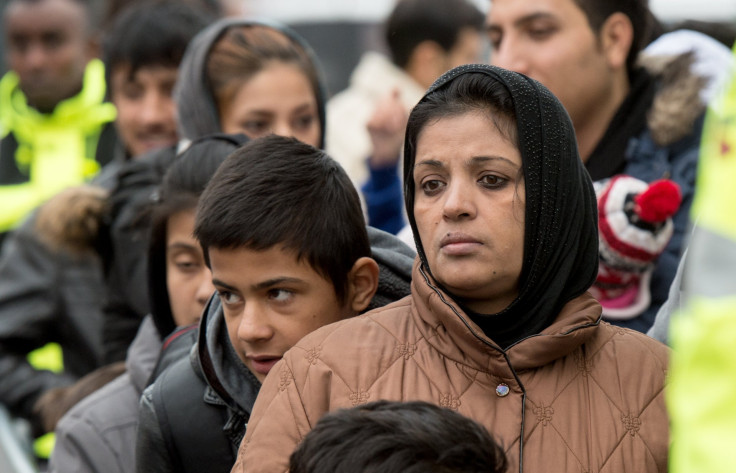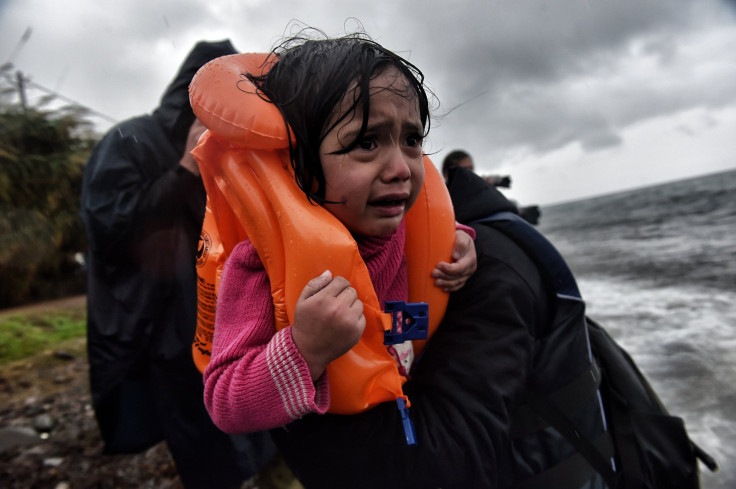Syrian Refugees in Germany Update: Xenophobic Violence Spikes With Rise In Asylum-Seekers, 222 Homes Torched

With an influx in asylum seekers, Germany has seen a wave of xenophobic violence against refugees and immigrants, including attacks on shelters and homes, Agence France-Presse reported Monday. Germany has volunteered to take the highest number of refugees in the European Union, expecting between 800,000 and 1 million asylum seekers, most from the war-torn Middle East, before the end of the year.
At least 222 homes belonging to refugees were lit on fire since January, the Local reported, citing an investigation in German newspaper Die Zeit. Of those attacks, in which 104 people were wounded, four people were prosecuted for their involvement. Including the arson attacks, Die Zeit's investigation found that at least 747 crimes had been perpetrated against refugees in the nation since the beginning of the year.
"The fact that there have been no deaths yet is plain luck," Timo Reinfrank, program director at the Amadeu Antonio Foundation, which works to counter neo-Nazism, told AFP.

An escalating civil war in Syria, as well as violent armed conflicts throughout the world, has sent more than half a million people fleeing their homes, seeking safe haven in Europe. German Chancellor Angela Merkel has led the charge to welcome refugees with open doors, insisting that she will put no cap on the number of people the country will accept. This policy, as well as a strong economy and good job prospects, has drawn hundreds of thousands of refugees to the country.
Germany is also the largest nation in Europe, with a population of over 80 million. If the outer estimate of 1 million refugees settle in Germany by the end of the year, the population will have increased by 1 percent.
Many refugees enter Germany through the eastern regions, where they are registered before they continue to Berlin or any other final destination. Eastern Germany has a history of neo-Nazism and anti-immigrant politics. The anti-Islam group Pegida has found a strong support base to spread its message in the region, and many of the crimes cited in the Die Zeit report occurred in East Germany.
© Copyright IBTimes 2025. All rights reserved.






















